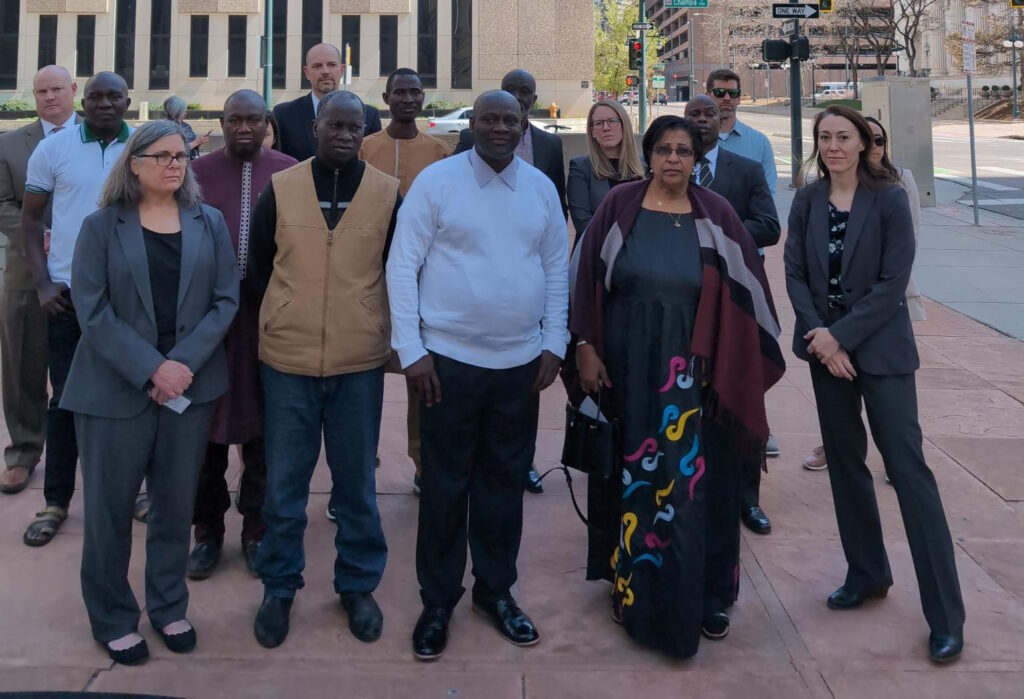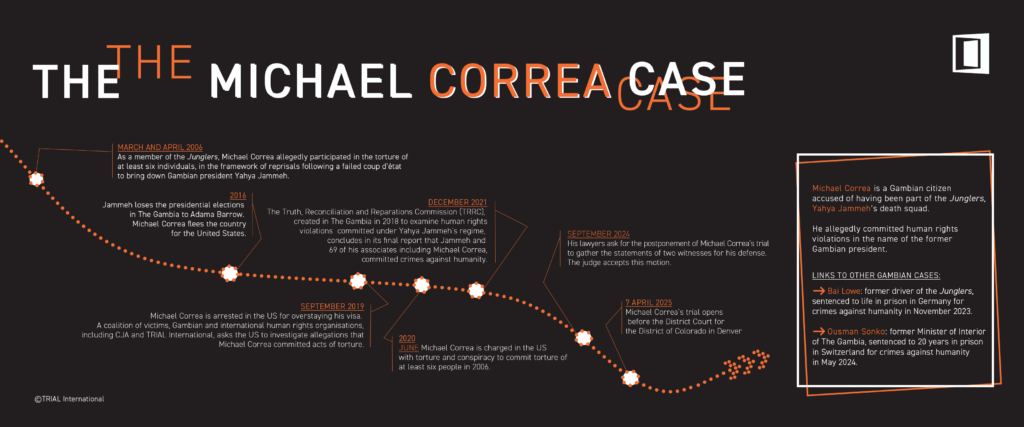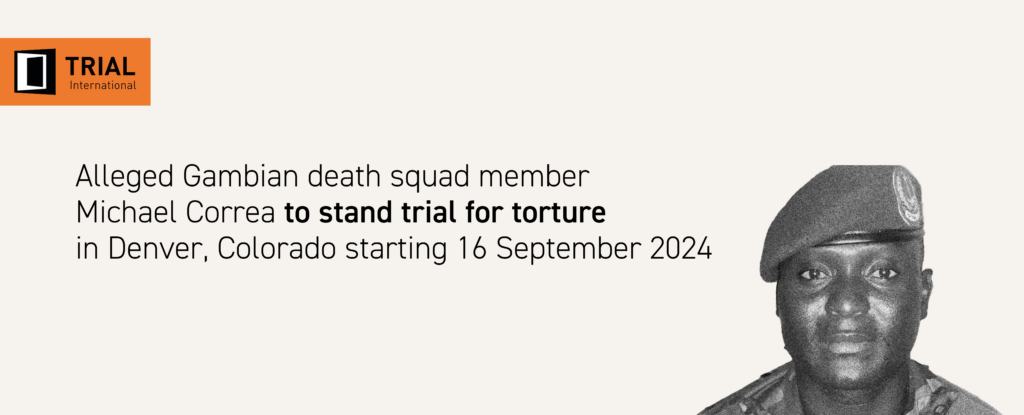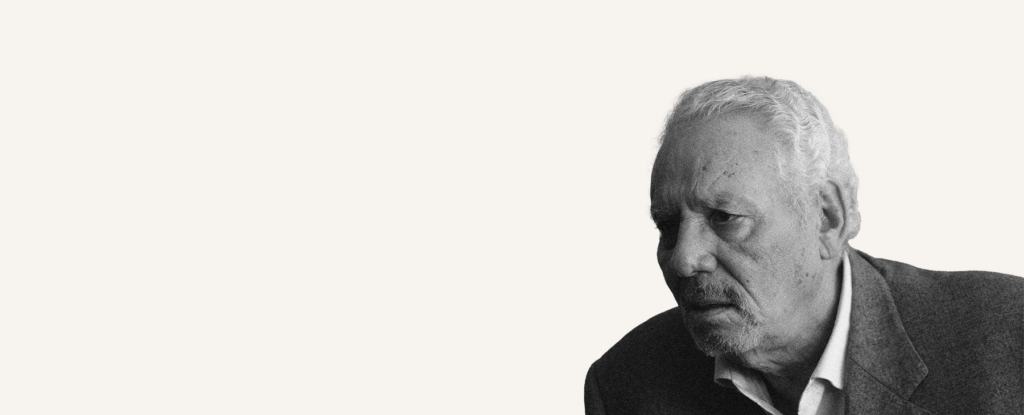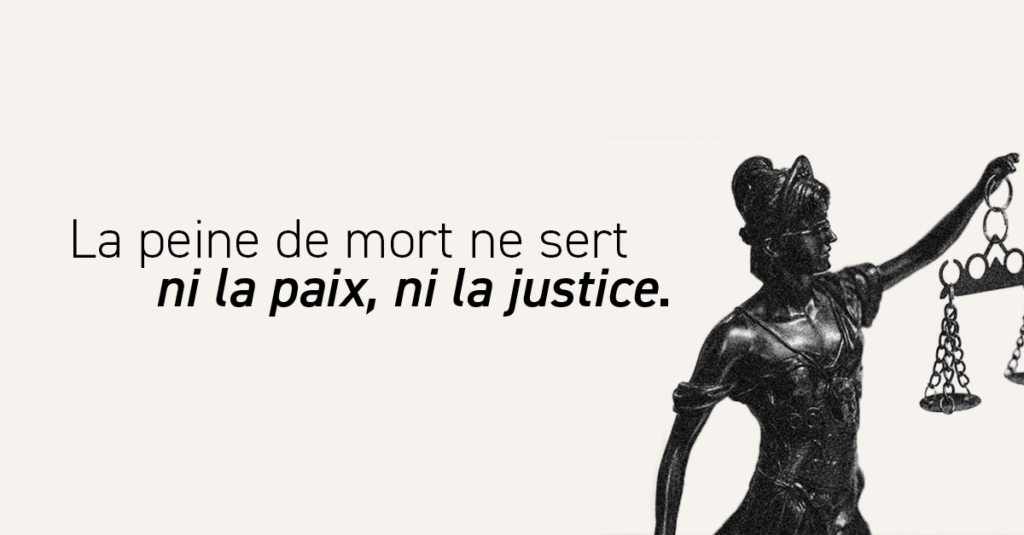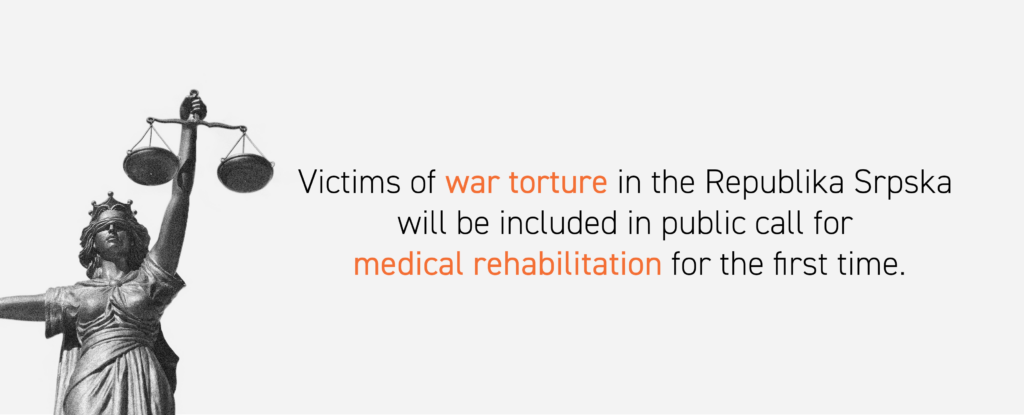Nepalese child submitted to forced labour, arbitrary detention and torture
Case Bholi Pharaka v. Nepal
At the age of nine years old, Mr. Bholi Pharaka (assumed name) was sent to work in Kathmandu to provide for his family. In the household that employed him, he was subjected to forced labour and daily abuse. When he was fourteen he finally managed to flee this nightmare, only to be arbitrarily arrested, detained and tortured by Nepalese police officers. Since then, Mr. Pharaka and his family have relentlessly sought justice, but to date no one has been prosecuted for these crimes, nor was the victim granted any form of reparation. In May 2016, TRIAL submitted a complaint on behalf of Mr. Pharaka before the United Nations Human Rights Committee, aiming at finally obtaining justice and redress.
The Case
Born in an extremely poor family, Mr. Bholi Pharaka had no choice but to start working at the age of nine. He was sent to work as a domestic help for an Army officer in Kathmandu. This already illegal situation turned into an inhumane one when Mr. Pharaka started being subjected to physical and psychological abuse by his employers and was forbidden to leave the house at any time. When he eventually managed to escape in 2012, his employer accused him of stealing gold and other valuables. Following this false accusation, the victim was arbitrarily arrested and detained at the Metropolitan Police Range in Hanumandhoka, Kathmandu.
During his detention, Mr. Pharaka was held in a filthy and overcrowded room, together with adults. Police officers would torture him every day to make him “confess” his theft: punches, beatings with plastic pipes, electrocutions and submission to falanga (beatings with a stick on the bare soles of the feet). Eventually, the victim was forced to sign documents without even being allowed to read them first. He only found out later than he had signed a “confession” acknowledging his involvement in the alleged theft.
Even after his “confession” and in spite of two court’s orders, Mr. Pharaka remained in prison for months because his family could not afford to pay his bail. Only on 25 June 2013 was he finally released, following a Supreme Court ruling recognizing the arbitrariness of his detention and ordering his release.
On the basis of the “confession” extorted from Mr. Pharaka, on 10 June 2014 the Kathmandu District Court found him guilty of theft and sentenced him to one month in jail. However, he had already spent nine months and nineteen days in arbitrary detention.
Even today, Mr. Pharaka suffers from the trauma of his time in detention, including sleeping disorders, nightmares and depression. He was forced to leave school and start working again to support his family.
The Quest for Justice
Mr. Pharaka and his family repeatedly reported his detention conditions and the torture he was subjected to Nepalese authorities, to no avail. At best the latter ignored their claims, and they even sometimes refused to register their complaints altogether. This lenient behavior was facilitated by the seriously flawed domestic legislation regarding torture and forced labour. As a result, no one has yet been prosecuted and sanctioned and Mr. Pharaka has received no compensation for the harm suffered.
Having exhausted all domestic remedies and with the help of TRIAL, Mr. Bholi Pharaka turned to the United Nations Human Rights Committee (HRC) in May 2016. On 22 August 2019, the HRC sided with TRIAL International and the victim.
In its decision, the HRC:
- Found Mr. Bholi Pharaka a victim of a violation of Arts. 7 (prohibition of torture) and 10 (right to humane treatment), in conjunction with Art. 24, para. 1 (obligation to adopt special measures of protection for minors) of the International Covenant on Civil and Political Rights. In fact, he was tortured and held in inhumane conditions with the aim of extracting a confession from him. Those facts were further aggravated by the fact that the victim was a minor when these events took place and was as such entitled to special protection, which Nepal failed to adopt.
- Found that Arts. 7 and 10 have also been violated in conjunction with 2, para. 3 (right to an effective remedy), and 24, para. 1, of the same Covenant, due to the failure of Nepalese authorities to conduct an effective investigation into Mr. Pharaka’s allegations, to prosecute and sanction the perpetrators and to provide reparation to the victim. These violations were aggravated by the fact that Nepal failed to afford Mr. Pharaka the special protection he was entitled to as a minor.
- Found that Art. 7 has also been violated in conjunction with Art. 2, para. 2 (obligation to adopt legislative measures), of the Covenant. In fact, Nepalese authorities failed to adopt legislative measures preventing and sanctioning torture and to provide reparation to the victim including guarantees of non-repetition.
- Found that Art. 9, paras. 1, 2, 3 and 5 (right to personal liberty), had been violated in conjunction with Arts. 2, para. 3, and 24, para. 1, of the Covenant because Mr. Pharaka had been subjected to arbitrary arrest and detention and Nepalese authorities failed to investigate these allegations and act accordingly – falling doubly short of their international obligations since the victim was a minor then and should have been accorded extra protection.
- Found that Art. 14, paras, 2, 3(a), 3(b) and 3(g) (right to a fair trial), had been violated in conjunction with Art. 24, para. 1, of the Covenant. In fact, Mr. Pharaka’s trial was unfair in several respects: he was not presumed innocent, was not informed of the charges against him, did not have time and facilities for the preparation of his defense and was compelled to testify against himself. These violations were aggravated by the fact that Nepal failed to afford Mr. Pharaka the special protection he was entitled to as a minor.
- Found that Art. 8, para. 3(a) (prohibition of forced labor) had been violated in conjunction with Arts. 2, para. 3, and 24, para. 1, of the Covenant, since Nepalese authorities failed to adopt the necessary measures to protect him from child and forced labor. Once it had happened, they failed to conduct an investigation leading to the prosecution and sanction of those responsible. Finally, Nepalese authorities did not adequately redress Mr. Pharaka. All these violations are further aggravated by the fact that Mr. Pharaka should have been, as a minor, under special protection.
- Requested Nepal to investigate, prosecute and sanction those responsible for Mr. Pharak’s torture proportionally to the extreme gravity of the crime; and to ensure that the victim receives integral reparation, including restitution, rehabilitation, satisfaction and guarantees of non-repetition.
Context
The use of arbitrary detention and torture, especially against minors, is widespread and systematic in Nepal, and perpetrators usually enjoy complete impunity. Most acts of torture appear to be committed in cases of theft – likely due to the fact that in those cases, police officers are under significant pressure to arrest the culprit and locate stolen items. Police officers and other State agents accused of torture are not prosecuted and sanctioned, a climate of impunity fostered by flawed legislation.
Impunity also applies to child and forced labour. In spite of being formally prohibited, they remain alarmingly common practices across the country, affecting mostly the children of marginalized and vulnerable groups. The Nepalese authorities do very little to prevent or sanction this heinous phenomenon.
Finally, detention facilities in Nepal are notorious for their incarceration conditions, which fall well short of international standards for adults – let alone for minors.

